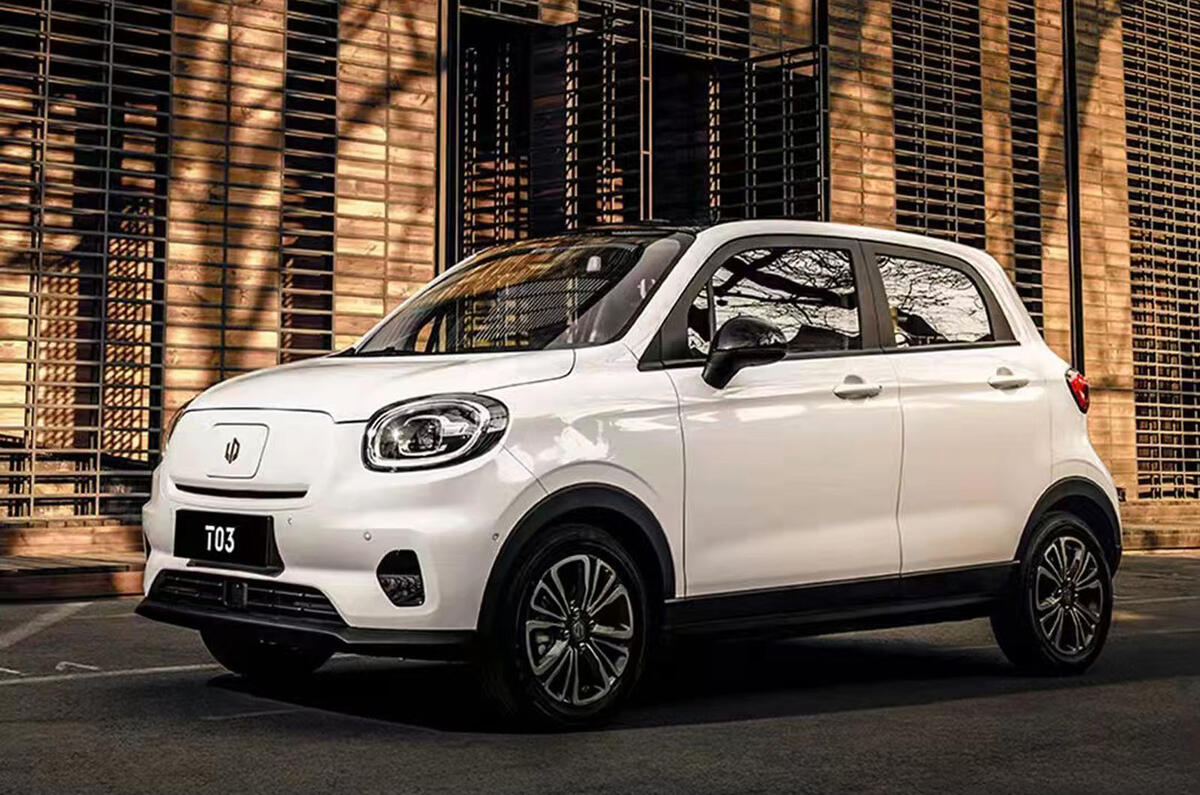Chinese EV maker Leapmotor has started production of the T03 electric city car in Poland after proposed EU tariffs came in higher than expected, executives have reportedly said.
Full production will begin in September, Leapmotor told analysts at an event last week, according to investment bank Jefferies.




Join the debate
Add your comment
Good news about local production, but pity the TO3 isn't a more appealing car.